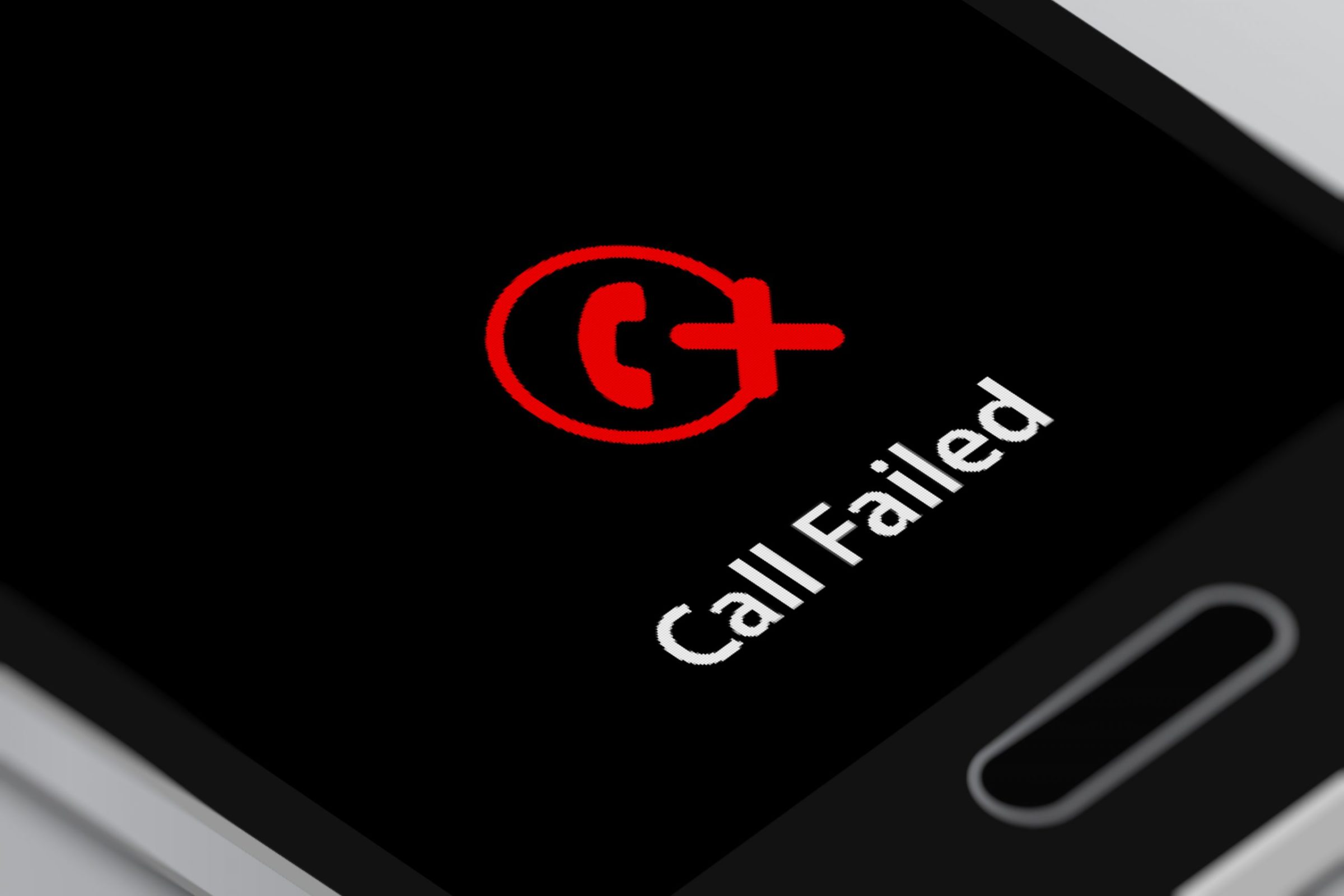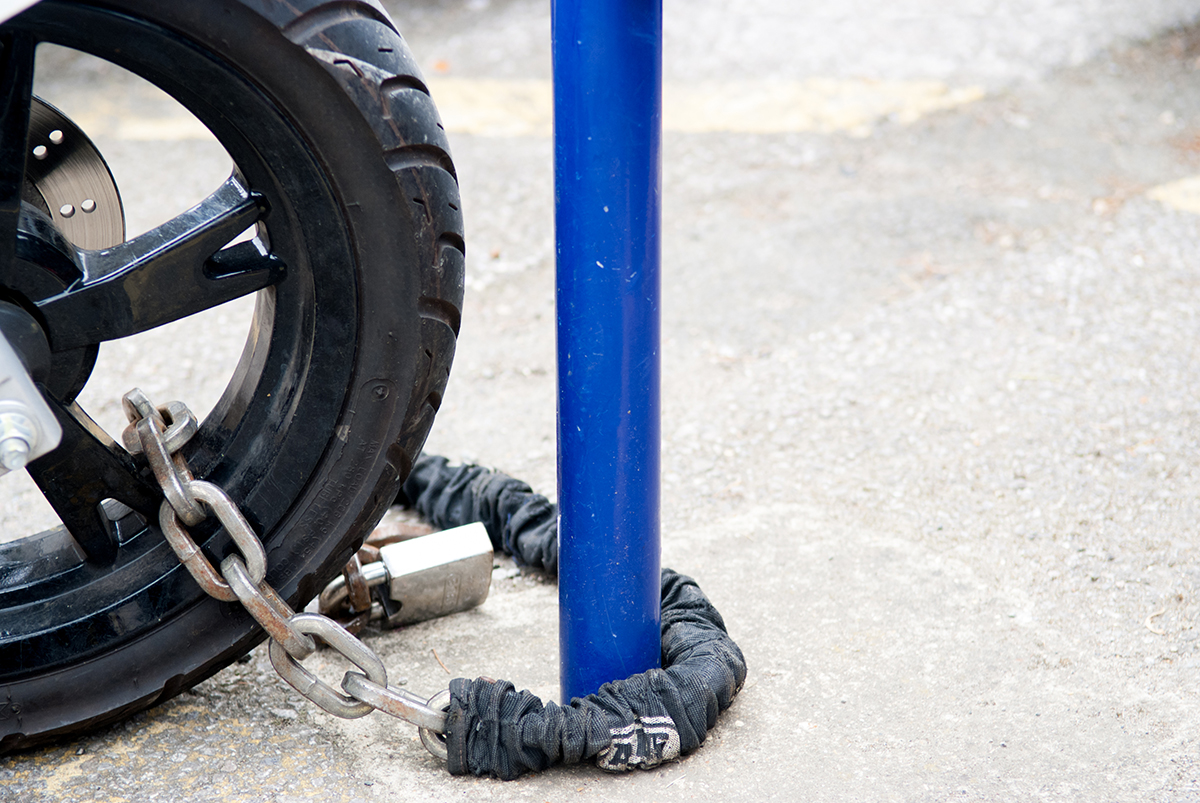On September 28th, 2020, 911 services went down for over an hour in fourteen different states. Cities and police departments all over the country had to notify their residents and direct them to local phone numbers for emergencies.
On July 2nd, 2019, AT&T suffered 911 outages for over two hours in Alabama, Indiana, Massachusetts, Minnesota, and Texas.
In December of 2018, CenturyLink had a massive 37-hour service interruption that disrupted over 886 emergency calls across 39 states.
In fact, every year for the past five years, there’s been at least one major 911 outage in the United States, with several more minor cases happening all across the country. And with over 600,000 emergency calls per day, even a brief lapse in service can cause many people to go without the help they need.
Sadly, 911 outages are a real risk that can’t be ignored. If you or your loved one needs help right away, service interruptions can mean the difference between life and death.
We’ve always been taught to dial those famous three numbers in an emergency. But what do you do if your call doesn’t go through? Is there another way to contact emergency services? What causes these outages in the first place?
Today, we’ll be going over everything you need to know about 911 blackouts and what to do if one occurs in your area.
What Causes 911 Outages?
As vital as the 911 emergency number system is, it’s important to remember that it’s still a phone service. It uses the same resources and has many of the same limitations as other call systems. The 911 emergency service depends on several phone companies like Lumen (formerly CenturyLink), AT&T, Verizon, Intrado, and others to function properly.
But just like any other technological service, 911 can be prone to technical bugs and network errors. Not to mention, when a major crisis occurs like a natural disaster, if too many people call at once, it can overload the phone lines.
In April of 2014, a six-hour 911 outage across seven states led to over 6,000 dropped calls. Lumen and Verizon were heavily affected during this event. As it turned out, Intrado––the company providing the call-routing service––had placed a cap in their software limiting the number of calls the system could take. Once the cap was reached, all further calls were disconnected until the issue was found and resolved.
This situation is a prime example of how unpredictable and widespread these service interruptions can be. There’s no telling when and where they’ll strike. That’s why it’s essential to take the necessary precautions in case it happens in your county or state.
What to Do When 911 Goes Down
When 911 services go down, your local police, fire, and medical organizations will typically post their direct lines on their websites and social media pages to call if you need emergency services. Until the blackout is over, they’ll take calls directly and dispatch first responders as needed.
Also, depending on where you live, your area may offer 911 texting services. These systems still function even during call outages and can be useful if you’re able to text in a crisis.
Here’s a quick tip: Even if the 911 system in your area is fully accessible, take some initiative and save the numbers for your local emergency services in your phone just in case. This way, if you’re unaware of an outage and your call doesn’t go through, you can quickly switch gears and call directly to get the help you need.
However, it’s crucial to remember that emergencies can make it difficult to get help and rarely fit into your schedule conveniently. You may not have time or be able to talk to the authorities about your situation. And having to text or make multiple calls due to a 911 outage can cost you valuable time.
Thankfully, with a reliable mobile alert system like the Rescu app, you won’t have to worry about 911 emergency service interruptions ever again.
The Fastest Way to Get Help During a 911 Outage
The Rescu app has its own dedicated UL-Certified Dispatch Center that operates separately from the 911 emergency number systems and is available 24/7. So, if an outage occurs in your area, you can send for help immediately with just two taps on your smartphone.
No talking, no texting, and no dropped calls.
All you have to do is open the Rescu app, select the service you need–fire, police, or medical–and tap “Send Alert.” You can store up to four unique addresses in the app and add an unlimited number of emergency contacts that will be instantly notified whenever you send an alert. After you’ve called for help, you have the option to communicate with your dispatcher via text or phone call if you’re safe and want to provide information.
Rescu eliminates the risk of your call for help falling through the cracks, providing you instant access to emergency services when you need it most. It’s not just the fastest way to get help during a service interruption. It’s the fastest way to get help during an emergency–period.
Emergencies don’t wait for you to be ready, so don’t wait to prepare. Download the Rescu app today to keep you and your loved ones safe in the event of a 911 outage.



